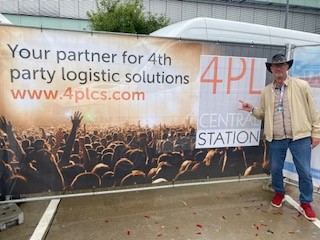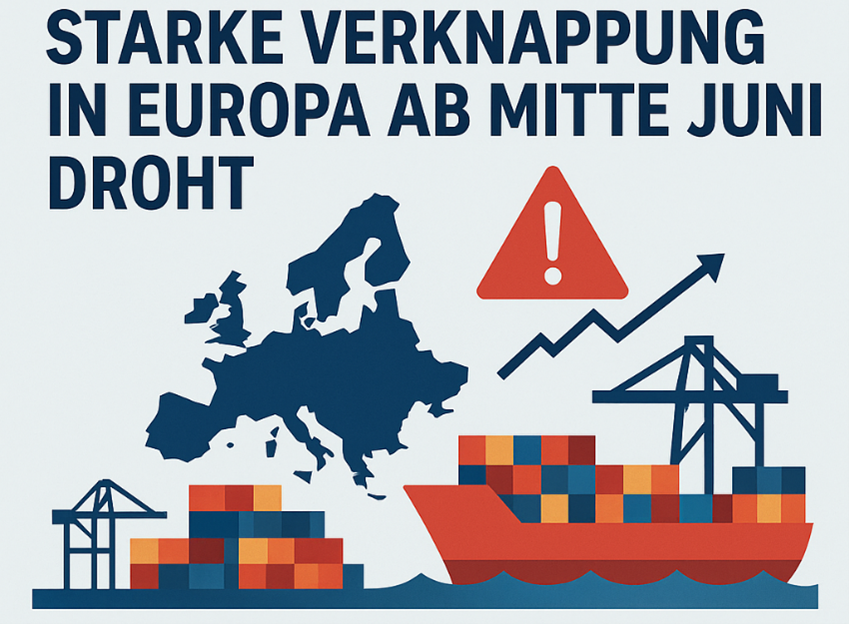The EU is stepping up the pace when it comes to sustainability reporting. From 2025, the next stage of the Corporate Sustainability Reporting Directive (CSRD) will take effect, which is intended to create a new framework for reporting on environmental, social and governance issues as well as European standards for sustainability reports. This will affect all large companies that meet two of the following three criteria: more than 250 employees, more than 40 million euros in turnover or more than 20 million euros in total assets.
Just one year later, i.e. from 2026, listed SMEs with more than ten employees, a turnover of 700,000 euros or a balance sheet total of 350,000 euros (again, two of the three criteria must be met) will also fall under the CSRD. Companies that were already covered by the EU's Non-Financial Reporting Directive (NFRD) already had their first reporting year in 2024. In total, around 50,000 companies are affected across the EU, including around 15,000 in Germany.
The topic of data transparency takes on a whole new urgency with the new reporting obligations. That applies in particular to logistics. This is because, firstly, a large number of emissions are generated in the transport sector and, secondly, activities in this area are often outsourced and the contracted transport company does not necessarily operate the trucks, trains or container ships itself. It is therefore often difficult to obtain the necessary data. Even more so for companies that have not previously relied on transport management systems (TMS) or/and have primarily relied on the emissions reports of the freight forwarders.
Conversely, the pressure to process this data is also an opportunity to significantly optimize supply chains. Customers of 4PL Central Station have long benefited from receiving transparent data from a single source, standardized emissions calculations based on activity data and digital twins of their transport activities. This knowledge advantage not only helps to reduce emissions, but also to make supply chains significantly more resilient and efficient. This saves time, money and hassle.
Image source: Adobe Firefly
.svg)
.svg)







